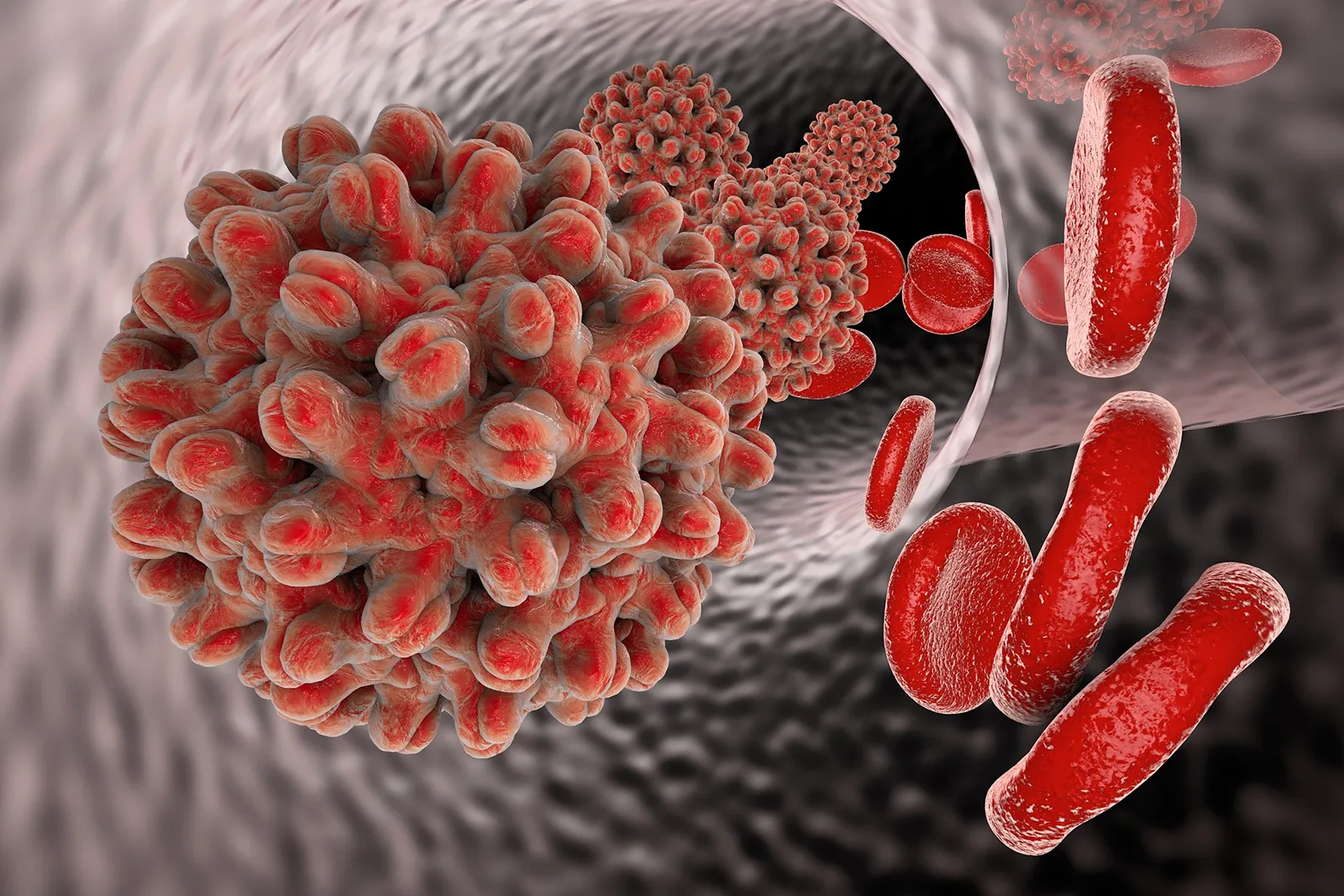Patients presenting to the emergency department (ED) following a sexual assault should receive a thorough work-up that includes screening and prophylaxis for sexually transmitted infections (STI). According to the 2021 CDC STI Treatment Guidelines, post-exposure hepatitis B vaccination is recommended if the hepatitis status of the assailant is unknown, and the survivor has not been previously vaccinated or does not have residual immunity from previous vaccination. Additionally, if the assailant is known to be hepatitis B surface antigen positive, unvaccinated survivors should receive both hepatitis B vaccine and HBIG at the time of initial examination. The incidence of patients unvaccinated against hepatitis B who present to the ED following sexual assault in unknown. Additionally, the proportion of patients that are screened for hepatitis B and receive hepatitis B vaccination with or without HBIG are unknown highlighting a critical evidence gap. Medication errors can also occur when a standardized process is not implemented for postexposure prophylaxis. A recent study demonstrated a 46.5% error rate in medication errors prior to the introduction of a standardized order set for patients being treated with HIV post-exposure prophylaxis following sexual assault.
Our central hypothesis is that HBIG and hepatitis B vaccine are underutilized for the prevention of hepatitis B in patients presenting to the ED following a sexual assault. Because hepatitis B remains a US and global public health burden that is associated with significant morbidity and mortality, it is vital to evaluate guideline-endorsed care provided to sexual assault patients in the ED. The findings from the proposed project will ultimately fill important evidence gaps that are necessary to better inform public health strategics and improve screening, diagnosis, and treatment.

